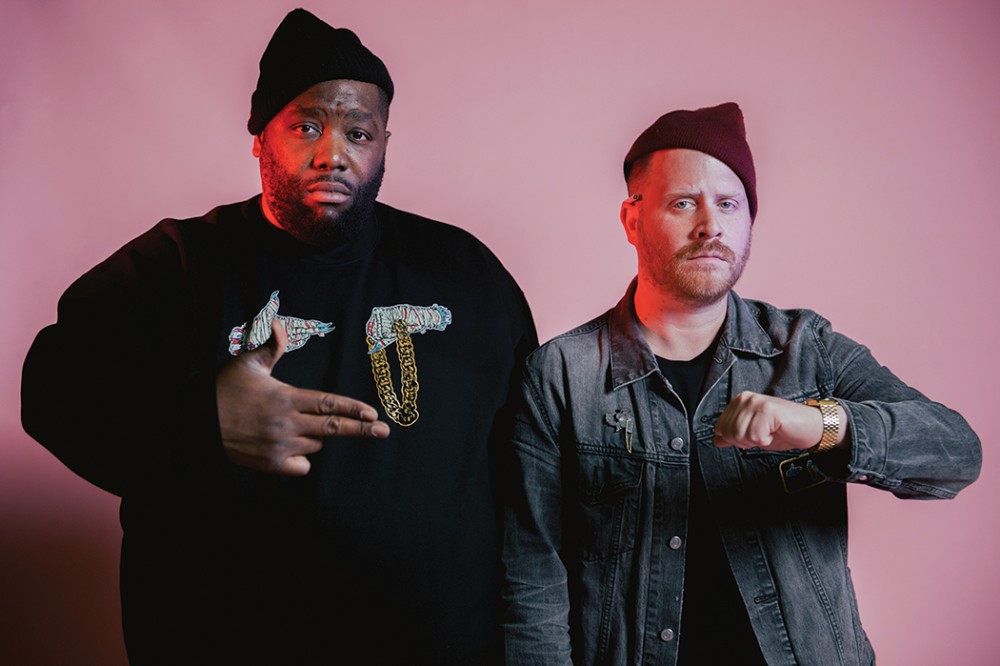Run the Jewels and the burden of prophecy
What counts as truth in a post-truth world? Run the Jewels 3 makes the case that truth sounds like rap music.

At the start of Jehoiakim’s reign, the prophet Jeremiah lumbered into the temple square and issued a blistering prophecy about God’s coming justice. God had instructed him to “not hold back a word,” and Jeremiah obeyed. “Repent or be destroyed!” he cried.
His speech came at a price. He was nearly killed. Another blunt prophet, Uriah, was executed and thrown in an unmarked grave. Hypocrisy and mendacity are cheap and safe. Honesty is dangerous.
In its recently released third album, the rap duo Run the Jewels does not hold back a word. Run the Jewels 3 is a searing cry of prophecy. In a world where many wonder what counts as truth, this duo makes the claim that truth sounds like rap music. The music of MCs El-P and Killer Mike barges into polite town hall discussions like Jeremiah strides into the square. Its insubordination betrays our public scripts, and it refuses to abide by our social codes. The musicians expose these codes as constructed and maintained for the powerful and mourn that “only some” lives matter.





